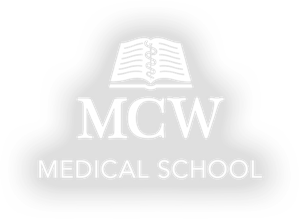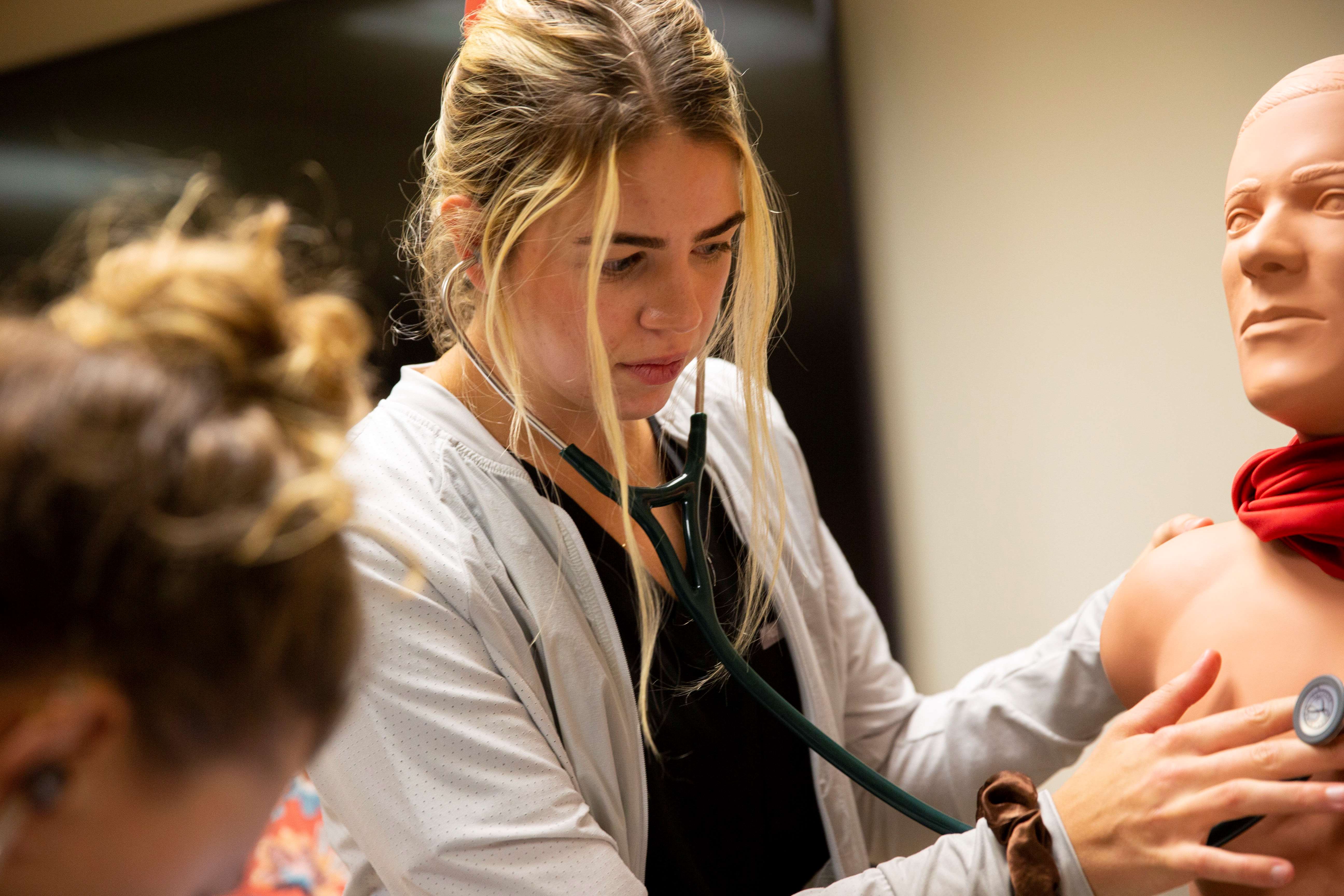MCWfusion Curriculum Phase 1 Course Descriptions
Phase 1 Course Descriptions Overview
Phase 1 content is delivered in an integrated fashion, and students learn to reason through increasingly complex scenarios and apply advancing scientific knowledge and clinical skills to improve the health of patients and communities.
A learning community structure serves as a source of support and feedback from peers and faculty to ensure each student is progressing toward requirements for graduation in global competency domains.
These courses place medical students in a variety of learning environments and use varied instructional methods, all designed to develop increasing ability to thrive in a complex, evolving workplace that will require self-directed problem-solving, collaborative team skills, ability to enact systems change, and comfort in dealing with ambiguity.
Phase 1 Calendars (MCW-Milwaukee and Regional Campuses)

Integrated Science Blocks
Phase 1 includes ten (10) Integrated Science Blocks that are organ systems-based and utilize an inquiry-based curriculum with in-person case-based learning.
The Good Doctor
This is a longitudinal professional development course to facilitate coaching and support.
Early Clinical Learning
Effective clinical skills are one of the essential components of clinical competence. Elements of early clinical learning include developing competence in history taking, physical exam, written documentation, oral presentation, clinical reasoning, as well as functioning in a health care setting. The courses will be structured to align with the foundational science blocks to promote integrated learning with Thread components interwoven throughout.



